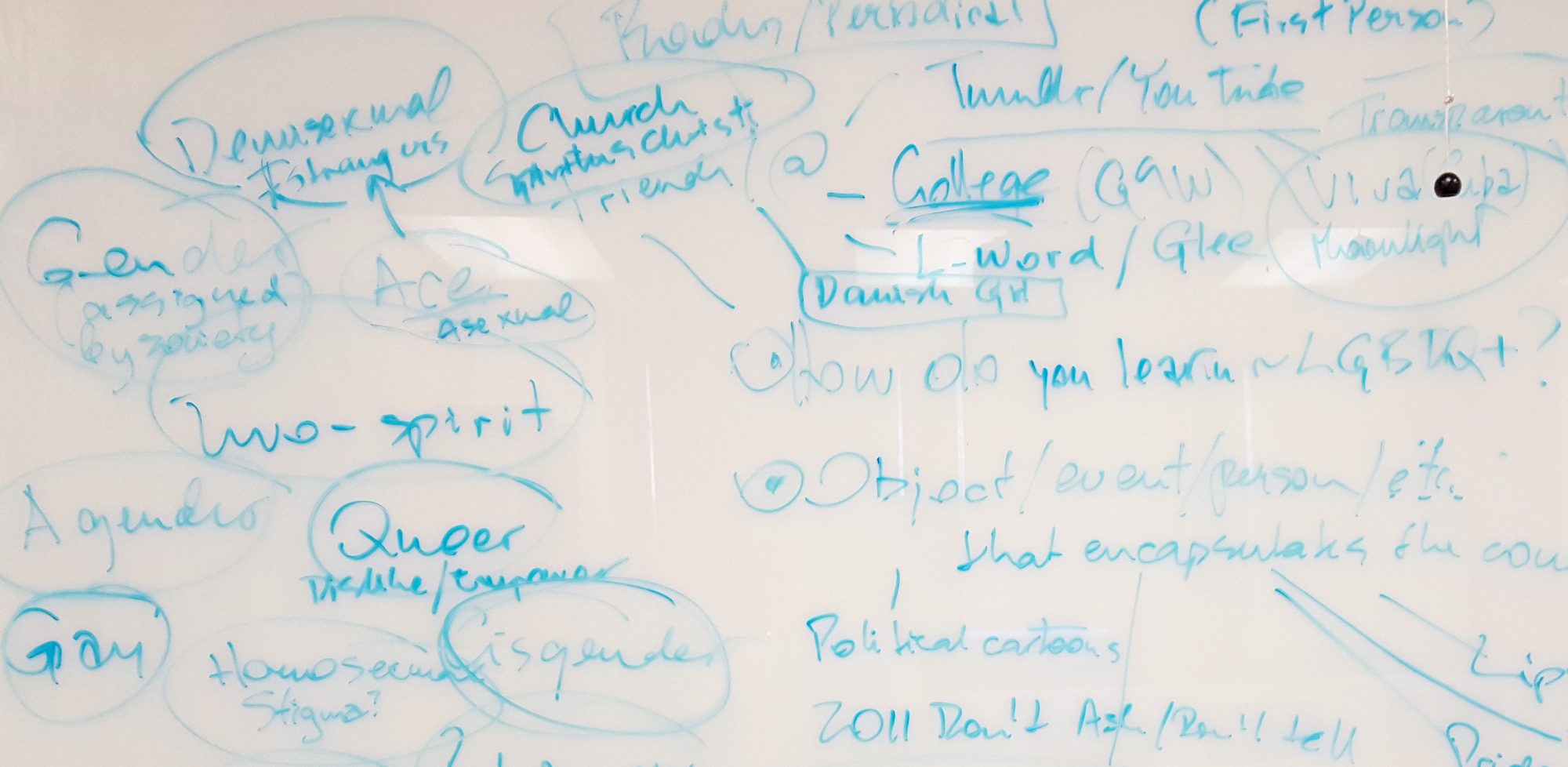While watching the film Major! directed by Annalise Ophelian, I learned about the work of Miss Major Griffin-Gracy. Before viewing this film, I had never heard of the work of Miss Major or the Transgender Gender Variant Intersex Justice Project (TGIJP). Hearing about the conditions that many transgender men and women are subjected to in prison was jarring and appalling. They are commonly sexually assaulted and forced to say in solitary confinement for extended periods of time. The personal help that Miss Major extended to trans individuals who were recently released from prison was especially touching. She is truly selfless and she deserves so much more recognition. She was present at Stonewall, she organized the creation of an AIDS garden in honor of veterans with AIDS, and contributed greatly to the campaign for HIV prevention and treatment with the Tenderloin Aids Resource Center. This film left me wondering about which other amazing LGBTQ activists I haven’t learned about and who haven’t received the widespread recognition that they deserve.
-RF
